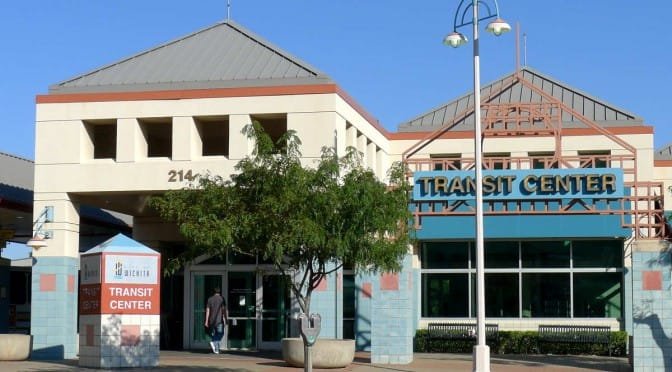Tag: Government waste
-

Using your smartphone for political activism
Your smartphone is a valuable tool for activism. Here are two ways to get involved.
-

WichitaLiberty.TV: Wichita’s blatant waste, Transforming Wichita, and how you can help
Let’s ask that Wichita trim its blatant waste of tax dollars before asking for more. We’ll look back at a program called Transforming Wichita. Then: We need to hold campaigns accountable. I’ll give you examples why, and tell how you can help.
-

‘Transforming Wichita’ a reminder of the value of government promises
When Wichita voters weigh the plausibility of the city’s plans for spending proposed new sales tax revenue, they should remember this is not the first time the city has promised results and accountability.
-

Wichita planning results in delay, waste
Wichita plans an ambitious road project that turns out to be too expensive, resulting in continued delays for Wichita drivers and purchases of land that may not be needed.
-
As Wichita asks for more taxes, it continues to waste what it has
The lights are on at the Wichita Transit Center on a sunny day — on a day the buses are not running.
-

Your smartphone is your activism toolkit
Your smartphone is a valuable tool for activism. Here are two ways to get involved.
-

Public opinion on Wichita sales tax
As Wichita prepares to debate the desirability of a sales tax increase, a public opinion poll finds little support for the tax and the city’s plans.
-

Before asking for more taxes, Wichita should stop wasting what it has
Voters should ask that Wichita stop blatant and avoidable waste before approving additional taxes.
-

McGinn, as committee chair, was not for performance measures
A 2011 Kansas bill could have increased the accountability of state government, but committee chair Carolyn McGinn wasn’t in favor.
-

WichitaLiberty.TV: Waste, economic development, and water issues.
Wichitans ought to ask city hall to stop blatant waste before it asks for more taxes. Then, a few questions about economic development incentives. Finally, how should we pay for a new water source, and is city hall open to outside ideas?
-
Wichita’s vampires and monsters
The City of Wichita urges citizens to take steps to stop “vampire” power waste.
